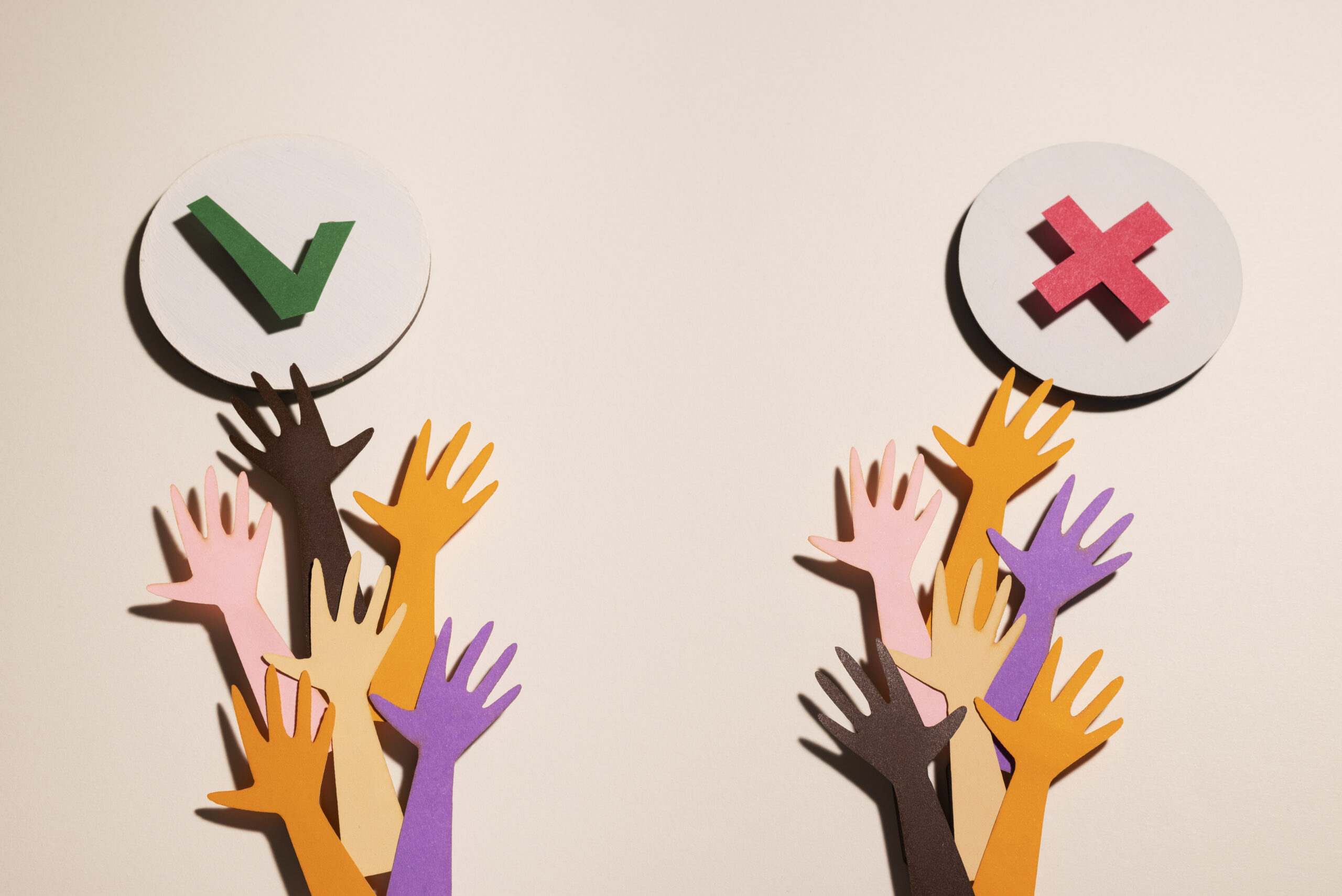The “~주세요” pattern is commonly used expression in Korean that is used to make polite requests or ask someone to do something for you. It is a form of the imperative verb ending in Korean, which is used to indicate politeness and respect. Here is an overview of the “~주세요” pattern:
Speaking Pattern: ~주세요
The “~주세요” pattern is formed by adding the verb stem (root) of the action verb to the polite verb ending “~주세요”. The “~주세요” ending is attached to the verb stem without any changes.
Grammar
To use the “~주세요” pattern, you need to know the verb stem of the action verb. In some cases, the verb stem may undergo changes before adding the “~주세요” ending. For example, for verbs ending in 하다 (hada), the stem is formed by removing the 다 (da) ending. For example, 도와다 (dowada) becomes 도와주 (dowaju) when using the “~주세요” pattern.
When to use : Request(formal)
The “~주세요” pattern is used to make polite requests or ask someone to do something for you. It is commonly used when speaking to someone of higher social status, older people, or in formal situations. The pattern conveys a sense of politeness and respect.
Examples
- 물 좀 주세요. (Mul jom juseyo.) – Please give me some water.
- 좀 기다려 주세요. (Jom gidaryeo juseyo.) – Please wait a moment.
- 도와주세요. (Dowajuseyo.) – Please help me.
- 제안을 받아들여 주세요. (Jeaneul badadeuryeo juseyo.) – Please consider the suggestion.
10 Examples
The “~줘” and “~주라” pattern is a casual and colloquial form of the imperative verb ending in Korean. It is used to make requests or ask someone to do something for you in a more informal and familiar tone.
Example
- 물 좀 줘. (Mul jom jwo.) – Give me some water.
- 기다려 주라. (Gidaryeo jura.) – Wait for me.
- 도와 줘. (Dowa jwo.) – Help me.
- 제안을 받아들여 주라. (Jeaneul badadeuryeo jura.) – Please consider the suggestion.
- 알려 줘. (Allyeo jwo.) – Let me know.
Other helpful
The “~주세요” pattern is considered polite, but there are additional levels of politeness in Korean that can be used in different situations. For more formal or deferential requests, other honorific expressions or verb endings may be used.
Overall, the “~주세요” pattern is a polite and common way to make requests in Korean. It is a versatile expression that allows you to ask for assistance or favors while showing respect to the person you are speaking to.


I like this web blog very much, Its a real nice spot to
read and receive information.Leadership